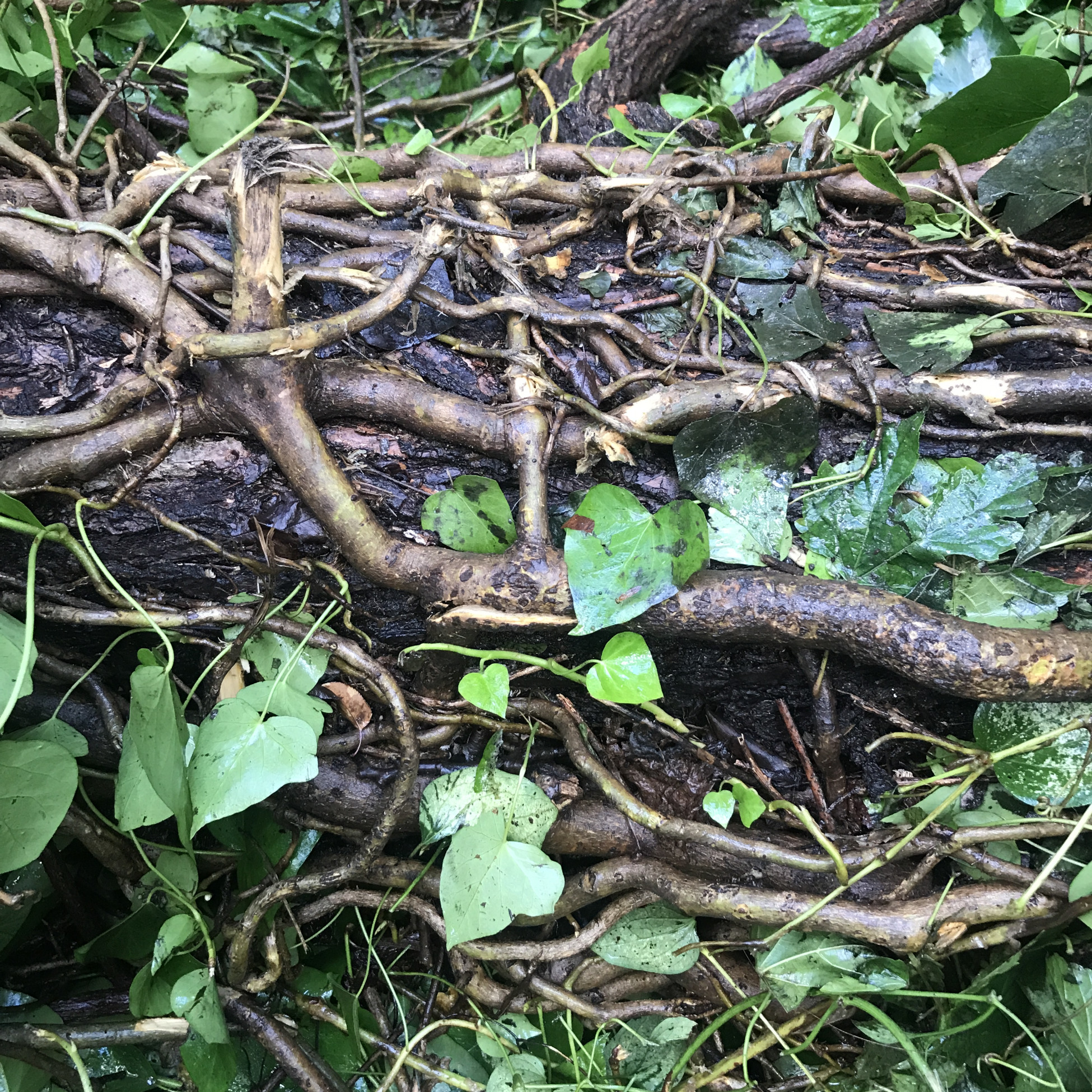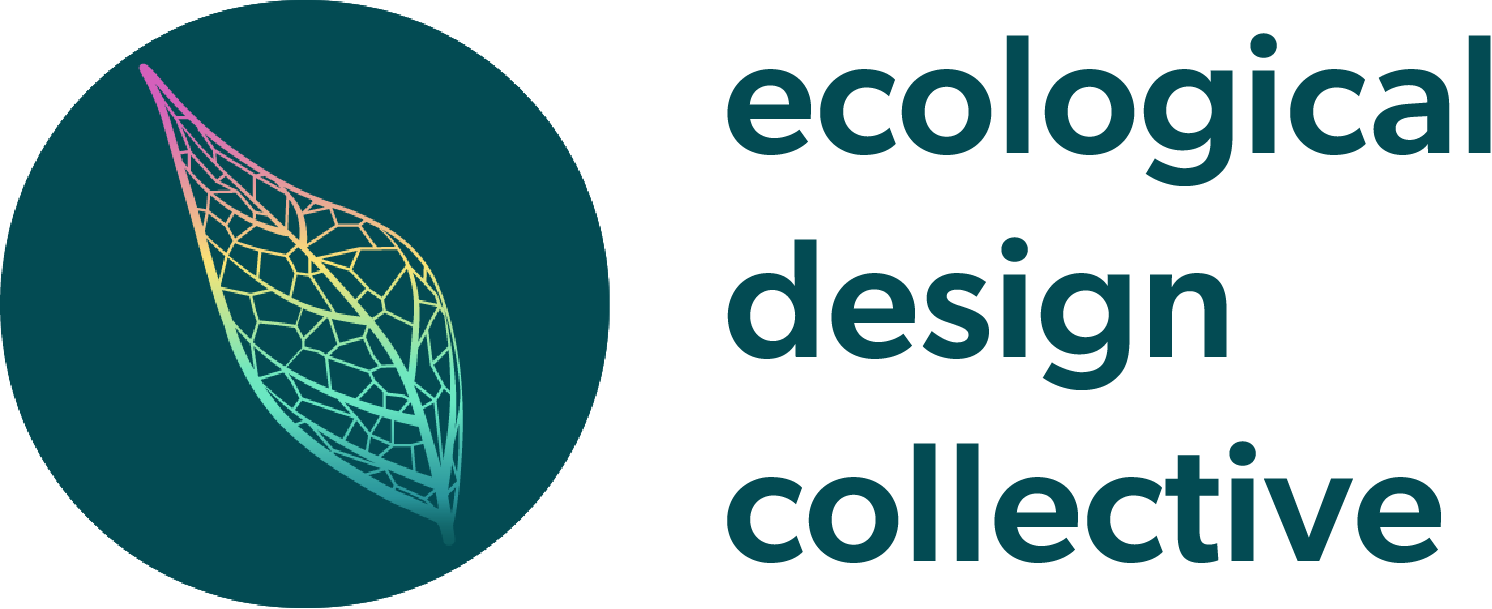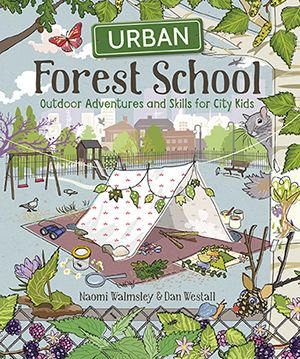
Anand Pandian
Forum Replies Created
-
A great discussion about the book: the concept of an imperial mode of living, Saito’s critique of Marx and his critique of contemporary constructions of the future, as well as the strategies of collective organizing he suggests as pathways toward a viable degrowth communism. We talked about the stagnation of capitalist economies around the world, slowing down as a phenomenon already underway, about the limits of both productivism and a kind of Promethean modernism, and about tensions and impasses between individual and collective self-understanding. Lastly, we talked about failures in contemporary imagination and the need to shift the parameters of reality to think beyond capitalism, which is related directly to our hopes with the EDC of working together to recuperate other futures, lean into practices of materially remaking the world, and working with cities and localities as arenas of engagement. I may continue to share more thoughts here; please feel free to join in…
-
A great conversation today about Entangled Life, thanks to all who joined! Folks out there, have you been reading this book, do you have thoughts you might share? We talked today about the broader relationships that shape us without our awareness or acknowledgment; the invitations the book makes to imagine our shared existence otherwise, through engaging metaphors, for example, or unusual verbs like felting or decanting; the resonances between mycelial ecologies and creative practices like art or poetry; the limits of a language of the non-human that reduces beings to “it”s; what the book might portend for the future, for how we understand networks and how to practice them differently.
-
Anand Pandian
MemberJanuary 24, 2024 at 2:12 pm in reply to: Ministry for the Future by Kim Stanley RobinsonWhat a great live discussion today! Thanks to everyone who attended. Folks who are interested in this book but couldn’t be there with us, here are some of the things we talked about, please feel free to chime in and we can continue the discussion here.
We talked a lot about transition and what propels radical change, whether events like a terrible heat wave, or shifts of prevailing narrative and imagination. The book gives us a picture of technological hinges, like the invention of the carbon coin, but there is also something more intangible at work here, as @Sue reminded us, a commitment to assigning value to future people, in the face of all these inherited ways of discounting the value of future generations. We talked about the challenge of nurturing such connections to future descendants through practices in the present such as care, support, and community, as we see with Mary and Frank in the book. And the way in which attending to such care changes our sense of what to look for in a narrative, especially an Anthropocene narrative, with the invitation of Amitav Ghosh and others to think beyond hero stories. Here, we find protagonists who are present more as witnesses than as heroes, who engage in small acts of care and afford us witness to the momentum of systemic shifts. For the radical changes documented in the book happen through an accumulation of acts, often clandestine, propelling unexpected change.
-
Anand Pandian
AdministratorDecember 19, 2023 at 8:31 am in reply to: ISO Website developer/maintenanceHi Pam, happy to recommend the Tirana-based developers we work with for the EDC: cloud68.co does our web hosting, and @elvis of Sfida.pro develops and manages WordPress sites and has helped us greatly in that way. Best of luck!
-
Anand Pandian
AdministratorOctober 18, 2023 at 1:22 pm in reply to: Language/the beauty of the cycle…a collection of essays en route!A topic much on my mind and I’d love to keep trading references here. The first book that comes to mind is The Way of All Flesh: The Romance of Ruins by Midas Dekker, a book of essays, very well-written. It reads at times like the musings of a grumpy misanthropic man. But there’s also a lucidity to many of the sentences, which come across as stark and blunt truths as they meander through nature and architecture and art and biology and the science of decay. Like this passage–
“If you imagine life as a cycle, then the infant is followed by the child, the child by the adult and the adult by the old man; but after the old man comes the infant again. Les extrêmes se touchent. Old people and children have always had a special bond. Grandchildren usually get along with their grandparents as well as their grandparents get along with them. What one cannot yet do well, the other can no longer do well. While one crawls because its legges are still rubbery, the other walks bandy-legged because its legs have become brittle. Young and old are literally and figuratively more earth-bound, more animal-like; sometimes both wear nappies; they’re friends in fate. They both face the unknown.”
-
Hi Brian, thanks! This is such a crucial topic. I’ve been reading work by the Romanian economist Nicholas Georgescu-Roegen, who tried to bring entropy and energy dissipation into focus in economics. He’s been an important inspiration for the degrowth movement. He challenges the idea of a steady-state system as a kind of fiction. There is always some kind of dissipation, entropy, loss, and so for a system to be truly sustainable, it must be open to an outside flow in some way. This is what the sun is for us generally, and so solar influx is one kind of resource to design with. But I also wonder about other forms of available energy, like the energy generated by kinetic movement. There are watches, for example, that are powered by the movement of those who wear them. I wonder if one could begin to imagine electronics also powered by incidental kinetic movement, or other forms of energy already out there in the world.
-
Such a crucial topic, thanks Nicole! I’m reminded of the book Urban Forest School that was published a couple of years ago, have you seen it? Very much an activity book, lots of cool strategies and openings. It was a good resource during the pandemic.
https://www.gmcbooks.com/urban-forest-school/
gmcbooks.com
Is the view from your window more concrete than countryside and are you more familiar with graffiti than green grass? Just because you live in a town or city, it doesn't mean that learning about wildlife, nature and the great … Continue reading
-
Anand Pandian
AdministratorAugust 19, 2023 at 5:11 pm in reply to: The project of this community spaceFolks, I’ve been thinking for awhile that it’d be good to have a book-related group or space on this platform. Something like an EDC Book Club? A space to share books that we are reading, or that feel relevant, and, ideally, working toward monthly conversations and maybe even with authors invited. What do you think? Would you be interested? @kroome starting a thread on this here to pick up the idea and enthusiasm thanks!
-
Anand Pandian
AdministratorJune 13, 2023 at 9:57 pm in reply to: “Degrowth” and intercommunalism, sharing, and caringIntrigued by this web of references, and wondering what a global lexicon of economic wellbeing might look like, as a collection, via different languages and cultural traditions and benchmarks. On growth, for example, I was struck, in my dissertation fieldwork in rural south India some years ago, by the many comparisons that farmers I knew would make between growing plants and children. There does seem to be a lot of scope to concretize growth once again, and thereby restore some semantic range that has been foreclosed by a narrow economism. Maybe this is what @Niloo had in mind with her recent post?
-
Anand Pandian
AdministratorMay 13, 2023 at 12:14 pm in reply to: open-sourcing design for farming practicesThis sounds really interesting @nima thank you for sharing. I appreciate your concern not only for the design of the vertical farms, but also for the open source orientation. I remember reading a piece recently in The Guardian about new corporate mega-farms on a vertical basis, which would recapitulate the same problems of corporate agriculture all over again. Others may have ideas on this, but the one group I can think of that works on open source agricultural technology (and has a sharing hub for this) is the Edge Collective: https://edgecollective.io/
Happy to try to connect you if that would help. And if you’d like to share more about your own project with our EDC network in the form of a discussion, or a blog, please just let us know. We are also fans of open source infrastructure.
-
Anand Pandian
AdministratorMarch 26, 2023 at 11:51 pm in reply to: “Degrowth” and intercommunalism, sharing, and caringAmazing, thank you @KarinIsSharing for this wealth of ideas. I’m unfamiliar with a lot of what you describe here and grateful for your sharing. Lumbung, for example, and the very idea of the intercommunal. I started a discussion thread a little while ago as a place to park different ideas of what the EDC could be, as a form, as a structure, and I would love to think more about the collective architecture that you’re describing here.
I am also intrigued by your insistence on the continued relevance of growth, even in a time when degrowth seems to have more and more salience. I find myself drawn to metaphors (and practices) of growth all the time, even as the toxicity of unfettered economic growth becomes more and more obvious. I find myself drawn increasingly to “decay” as another alter to growth. But one could work, just as well, to pluralize the registers of growth itself: social, collective, spiritual, personal, etc.
-
Anand Pandian
AdministratorMarch 4, 2023 at 1:47 pm in reply to: The project of this community spaceA really interesting “taxonomy” of contemporary online social networks, via New_Public. Within this classification, the EDC would be a VSOP, a “Very Small Online Platform.”
“VSOPs are the opposite of “big room” social networks. They are social networks created for a very specific purpose, with rules, norms and affordances appropriate to that community… We believe exploring VSOPs as a way of exploring diverse systems of community governance could be good not only for the future of social media, but as a form of education in democratic citizenship. Before everyone abandons big room social networks and builds their own VSOP, it is worth noting the serious limitations of this method of social networking. It requires significant effort to scaffold healthy conversations, no matter the purpose and community being served. These networks can easily become ghost towns if they don’t meet a real need.”
-
Anand Pandian
MemberFebruary 2, 2024 at 9:57 am in reply to: Ministry for the Future by Kim Stanley RobinsonTotally agreed, on the importance of all the relational and imaginative work it took to get to those interventions. Any change would require this. I was thinking about why these specific technologies were the ultimate fulcrum. You can organize collectively toward a commitment to many kinds of “instruments,” if you will. These seemed to have about them the gloss of a technofix, that’s all…
-
Anand Pandian
MemberJanuary 31, 2024 at 10:04 pm in reply to: Ministry for the Future by Kim Stanley RobinsonThanks Susan. The “magic pill” quality of both the carbon coin and the geoengineering experiments was the one aspect of the book I was most reluctant to go along with. Good to know he’s continuing to weigh these matters.
-
Anand Pandian
AdministratorJune 29, 2023 at 10:10 am in reply to: A small grants program for group organizing on the EDC platformHi yes absolutely @MarieAnne thanks.


